
New experiments have revealed that elephants can recognize themselves in a mirror, an important indicator of self-recognition that places them in an elite group that includes humans, dolphins and great apes. Mirror self-recognition is thought to relate to empathetic tendencies and the ability to distinguish oneself from others, a characteristic that evolved independently in several branches of animals.
In the study, researchers from Emory University and the Wildlife Conservation Society exposed three female elephants housed at the Bronx Zoo, New York to a, er, jumbo-sized mirror measuring eight feet square inside the elephants’ enclosure. The elephants quickly began testing their mirrored images by making repetitive body movements and using the mirror to inspect themselves, such as the insides of their mouths, a part of the body they usually can’t see.
Mirror self-recognition has long been suspected in elephants because of the creature’s well-known social complexity but past experiments were inconclusive. “Elephants have been tested in front of mirrors before, but previous studies used relatively small mirrors kept out of the elephants’ reach,” said researcher Joshua Plotnik. “This study is the first to test the animals in front of a huge mirror they could touch, rub against and try to look behind.”
“We see highly complex behaviors such as self awareness and self-other distinction in intelligent animals with well established social systems,” continued Plotnik. “The social complexity of the elephant, its well-known altruistic behavior and, of course, its huge brain, made the elephant a logical candidate species for testing in front of a mirror.”
Interestingly, one elephant also passed a standard test known as the mark test. Each elephant was marked with visible paint on its forehead (a place it could not see without a mirror) and also received a sham mark of colorless face paint. The sham mark controlled for tactile and odor cues to ensure touching the visible mark was due to seeing its reflection and not to the feel or smell of the paint. This test produced the same results as when great apes and human children are presented with the mark test.
The researchers speculate that humans, great apes, dolphins and elephants possess well developed forms of empathy and altruism; necessary prerequisites for passing the mirror self-recognition test. “The elephant now joins a cognitive elite among animals commensurate with its well-known complex social life and high level of intelligence,” said researcher Frans de Waal. “Although elephants are far more distantly related to us than the great apes, they seem to have evolved similar social and cognitive capacities making complex social systems and intelligence part of this picture. These parallels between humans and elephants suggest a convergent cognitive evolution possibly related to complex sociality and cooperation.”



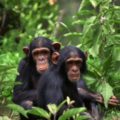
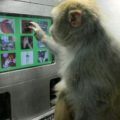



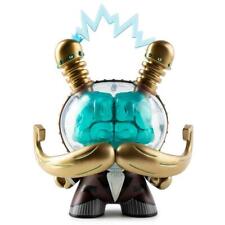

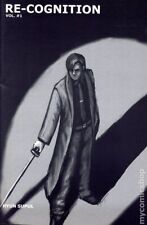




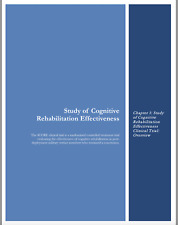
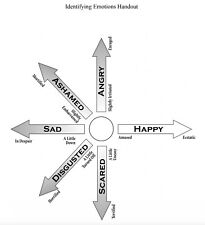

Comments are closed.